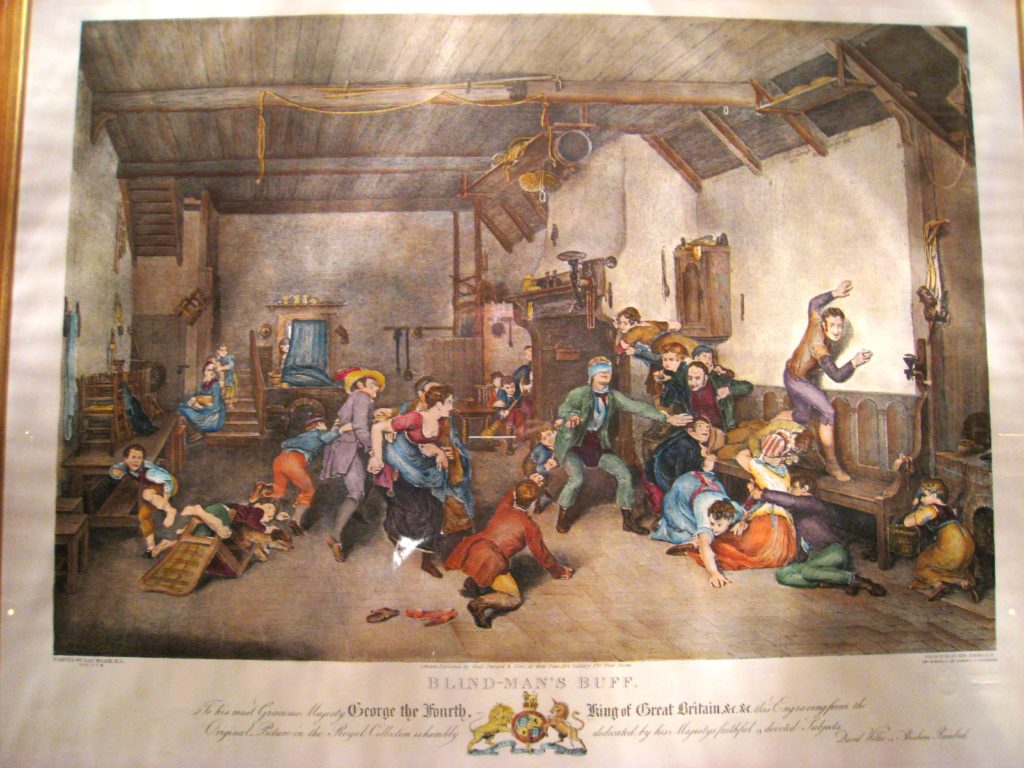Elizabethan Era Compendium: The Elizabethan era was a time associated with Queen Elizabeth I’s reign (1558-1603) and is often considered to be the golden age in English history. It was the height of the English Renaissance and saw the flowering of English poetry, music, and literature.
This was also the time during which Elizabethan theatre flourished, and William Shakespeare and many others composed plays that broke free of England’s past style of plays and theatre.
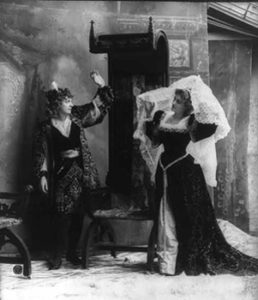
With the flourishing of plays and theatre, the theatre business boomed and new theatre houses started to be built. The theatres were mostly for the common middle-class of London, while the aristocrats and nobles watched them in their privated houses.
It was an age of exploration and expansion abroad, while back at home, the Protestant Reformation became more acceptable to the people, most certainly after the Spanish Armada was repulsed. Geographical discovers also gained momentum in the Elizabethan with the emergence of new technological tools.
Explorers and naval officers such Sir Walter Raleigh, Francis Drake, John Hawkins etc, made the the way for the discovery of new sea routes to other countries and helped colonisation of far away places. These naval officers also helped to solodify Elizabeth’s rule by defeating the Spanish armada and other rival forces.
The Elizabethan Age was also an age of plots and conspiracies, frequently political in nature and often involving the highest levels of Elizabethan society. It was also the end of the period when England was a separate realm before its royal union with Scotland.
Innovation In Elizabethan Era
Contents
Nobility and knights were still at the top of the social ladder, but the real growth in society was in the merchant class. House designs became more balanced and symmetrical. For the first time, greater attention was paid to comfort and less to defence.
Elizabethan England is not thought of as an age of technological innovation, some progress did occur. Greater attention was paid to house interiors.
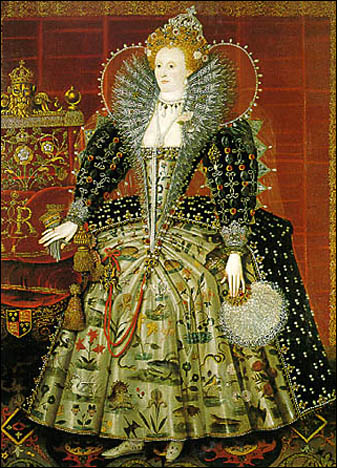
People celebrated the church festival. In Elizabethan Era Compendium, it is generally considered foolish to marry for love, although love may occur in marriage.
Your parents and friends are better equipped than you are to look out for your best interests, being mature and experienced in the world. Let them negotiate and recommend and you’re much more likely to be happy in marriage.
About Sports And Games
Sports and games which included archery, bowling, cards, dice, hammer-throwing, quarter-staff contests, troco, quoits, skittles, wrestling, and mob football. Plays and playwrights proliferated after 1580, notably Christopher Marlowe and William Shakespeare.
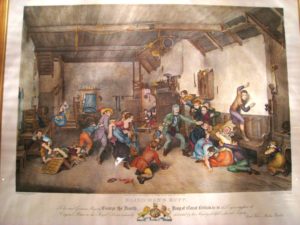
What did they do for fun in the Elizabethan era?
There were not many ways to have fun in the Elizabethan era. In the court, entertainment consisted of plays, masques, jousting and dances. The royal people often loved poetry, music and dramatic performances. Queen Elizabeth I was a great patron of such artistic works.’
They also loved to go for riding, hunting and banqueting. Elizabeth herself was also a skilled poet and musician. She, therefore, preferred these expertise among her courtiers.
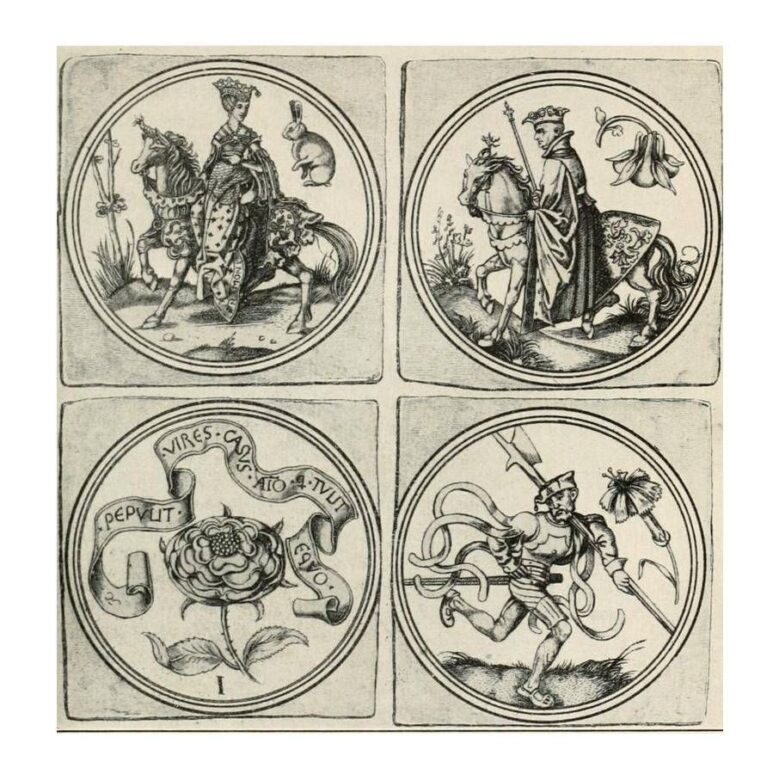
What were some of the Elizabethan era pastimes?
Means of rntertainment among the midlle-class were less variable. They usually preferred sports such as bull and bear fights. Sports were limited and not affordable to them. Most people drank ale and other cheap alcoholic drinks after a long day’s work.
Meals were elaborate and large. The poor ate off wooden vessels, or pewter, the rich off silver, glass, or delft from Holland. Chinaware was unknown. Food was cooked over open fires.
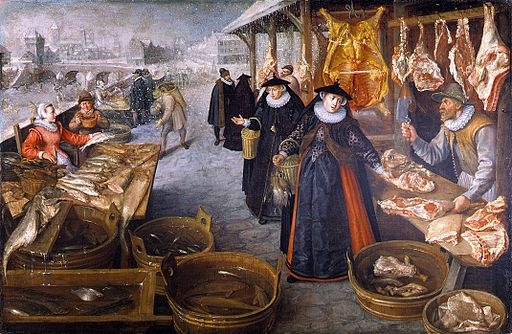
Elizabethan Era Compendium
The meat was cooked on a spit which was sometimes turned by a dog running on a circular treadmill attached to the split end. Baking was done in iron boxes laid on the fire or in a brick oven set into the side of the fireplace.
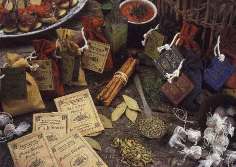
Popular games included bowls, Paume (the ancestor of tennis), tilting at quintain, bull, and bear-baiting, and cockfighting. Medieval tournaments were replaced by mosques, a sort of play or spectacle full of allegory. Sometimes fireworks, which had just been invented, were a part of the mosque.
Elizabethan era Occupations
Some interesting occupations in the Renaissance age were:
- Apothecary – They gave herbal medicines made from plants, roots and herbs. In the Elizabethan era, the role of a healer was often played by the priests and physicians were rare. Hence, the poor and sick people went to such apothecaries.
- Artists – Artists, at first, earned their living by painting Biblical images on walls and furnitures. However, in the Renaissance time, they started to be patronised by the rulers who appointed them to make their portraits.
- Baker – Bakers had a high demand in the cities because breads were an important part of Elizabethan food. Rich and aristocratic people appointed good bakers in their kitchen.
- Blacksmith – Although lowly, blacksmith was a common occupation among the poor and the middle-class in the city. They made weapons, swords and armours.
- Bottler – The bottler was in charge of the bottlery which preserved wine and other alcoholic drinks in the cellary of the rich families.
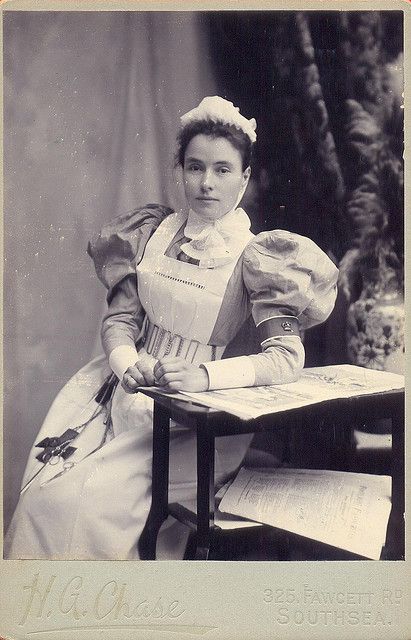
Nurses in the Elizabethan era were also important. Nurses and governesses were required in the houses of the rich families who apponted them for the children and sick in the house. The nurses worked privately and also helped in the household chores.
In the villages, farmers and peasants were the most common occupations. People also worked as ploughmen, builders, millers, milkmen, roofers etc.
More Info On- Daily life in England during Elizabethan Era
